BioMarin faces potential 3-month delay for Hemophilia A gene therapy
BioMarin faces potential 3-month delay for Hemophilia A gene therapy
Published: Nov 08, 2022
By Alex Keown
BioSpace
A request for additional data may cause a 3-month delay for potential approval of BioMarin‘s hemophilia A gene therapy, valoctocogene roxaparvovec.
On Monday, the California-based company announced the FDA requested results from the upcoming 3-year data analysis of its ongoing Phase III GENEr8-1 study.
The additional data could be considered a major amendment to the Biologics License Application the company resubmitted in September. If that’s the case, BioMarin representatives speculated a likely 3-month delay. Ahead of the PDUFA date, an FDA advisory committee is expected to review the data.
If approved, valoctocogene roxaparvovec could become the first gene therapy in the United States for hemophilia A. The therapy has already won authorization in Europe, where it’s marketed under the brand name Roctavian.
Earlier in 2022, the FDA sought additional data from BioMarin that could support a BLA.
The regulator requested additional data to assess the durability of the therapy’s effect on patients and its safety profile. The additional data is expected to provide longer-term efficacy and safety information, according to BioMarin.
The company appreciates the level of engagement from the FDA this early in the BLA review cycle, said Hank Fuchs, president of worldwide research and development at BioMarin.
When BioMarin resubmitted its BLA in September, the data package contained 2-year outcomes from the GENEr8-1 trial. Results showed the gene therapy provided what BioMarin called “stable and durable bleed control.” It provided patients with a reduction in the mean annualized bleeding rate, according to trial data.
The BLA package also contained supportive data from five years of follow-up from the ongoing Phase I/II dose escalation study. At the time the BLA was resubmitted, Debra Charlesworth, vice president of corporate communications at BioMarin, told BioSpace there was a possibility of a delay due to the additional data read-outs that are expected during the review period.
When BioMarin first submitted its BLA two years ago, it was based on interim data from a subset of patients in the initial trial. The FDA determined the gene therapy wasn’t ready at the time for review and issued a Complete Response Letter.
The experimental gene therapy has received Regenerative Medicine Advanced Therapy designation as well as Breakthrough Therapy designation and Orphan Drug designation.
Hemophilia A, also called Factor VIII deficiency, is an X-linked genetic disorder caused by missing or defective Factor VIII, a clotting protein. In the most severe form of the disease, hemophilia A patients can experience painful, spontaneous bleeds into their muscles or joints. Severe cases of hemophilia A make up about half of the patient population.
Source: BioSpace

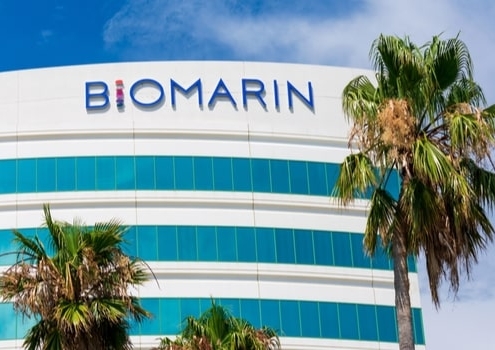
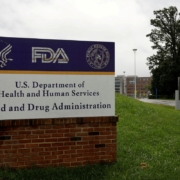
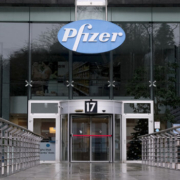

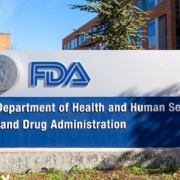

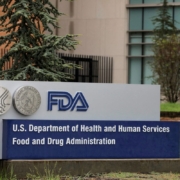 Reuters
Reuters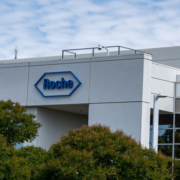
 Reuters
Reuters
